#elexis_bg – IBL
Visiting grants contact:
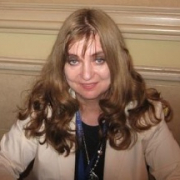
Svetla Koeva
Find out more about ELEXIS visiting grants and former winning projects:
at the Bulgarian Academy of Sciences is a leading research organisation focused on theoretical and applied research of Bulgarian: theoretical, applied and computational linguistics; general and contrastive linguistics; lexicography and terminology; etymology, history of language and dialects, etc.
The main departments involved in ELEXIS are the Department of Bulgarian Lexicology and Lexicography and the Department of Computational Linguistics:
- The Department of Bulgarian Lexicology and Lexicography works on theoretical issues and their application in dictionary compilation in three major directions: semantics, lexicology and theory of lexicography.
- The Department of Computational Linguistics deals with development of theoretical models for formal description of language, development of language technologies to be implemented in various computer applications and systems, development of language resources and tools.
Existing tools and services:
The Institute for Bulgarian Language has been involved in the compilation of the majority of existing
- Bulgarian mono- and multilingual dictionaries
- Bulgarian mono- and multilingual corpora
- the development of manually annotated corpora for training language annotation tools and the development of the tools, such as part-of-speech taggers, lemm atisers, parsers and named entity recognisers
In recent years a large number of Bulgarian dictionaries and other language resources focused on Bulgarian have been made available online aimed at researchers, teachers and students in Bulgarian language, as well as the wide public.
The Portal LexIT combines ten dictionaries and provides an integrated environment which allows the users to access all resources simultaneously in an easy and efficient manner. Visiting researchers will benefit from having access to all of the resources and services at the Institute for Bulgarian Language and will have at their disposal the expertise of researchers working at the Department of Bulgarian Lexicology and Lexicography and the Department of Computational Linguistics.

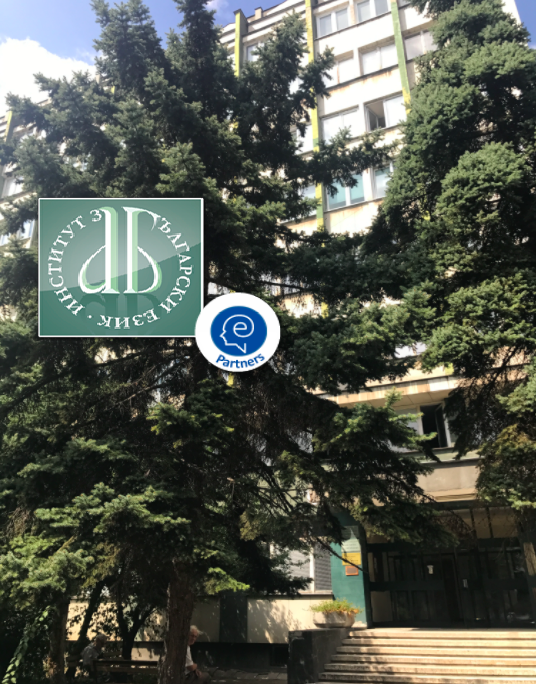
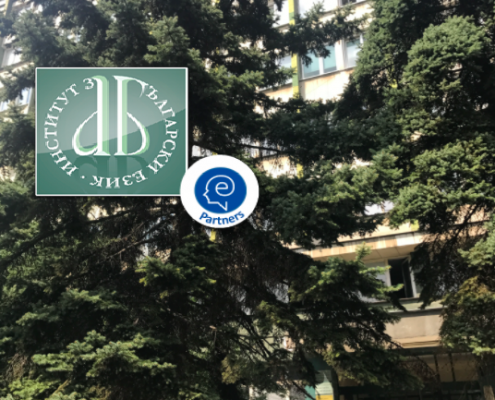
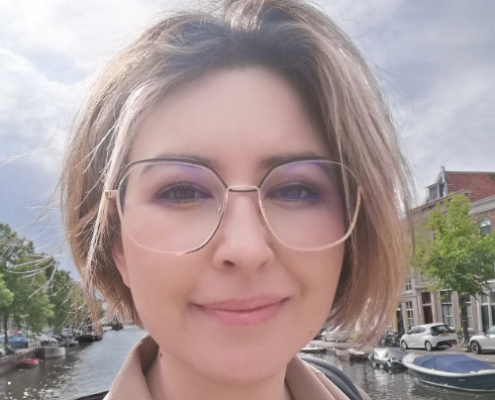
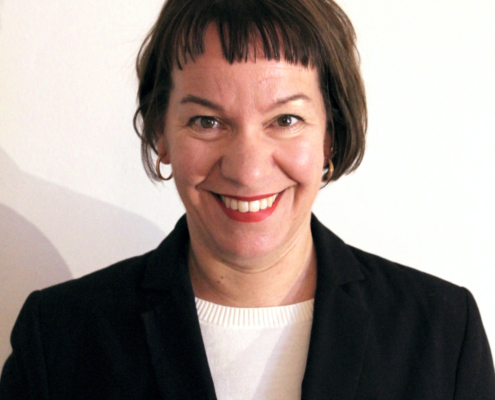
 Ana Vujasić
Ana Vujasić
